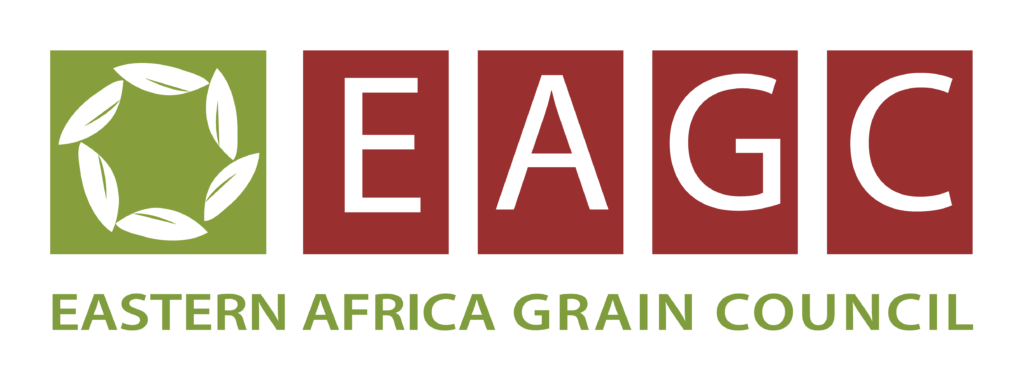By Nancy Marangu, Kimwaga Mhando and Jacinta Mwau
Post-harvest losses in Uganda’s grain sector remain a formidable challenge that demands urgent attention. The grim reality of losing approximately 20% of the annual maize crop to post-harvest losses paints a dire picture of food insecurity, lost livelihoods, and increased food safety risks. Farmers, who are the backbone of the agricultural sector, bear the brunt of this wasteful endeavor. Maize farmers alone lose an estimated Ugx 393 billion worth of maize every year, more than the value of the crop’s exports in any given year.
A major contributing factor to these losses is the lack of affordable and accessible post-harvest technologies. Hermetic storage technologies (HSTs), such as air-tight containers, have proven effective in eliminating post-harvest losses and preserving grain quality. However, the high cost of these technologies, partly due to an 18% Value Added Tax (VAT), obstructs farmers from adopting them, perpetuating the cycle of losses.
The government’s estimated earnings of Ugx 1.9 billion (US$495,000) from VAT on hermetic bags are overshadowed by the heavy cost of post-harvest losses and aflatoxin-related trade losses, which amounts to millions of dollars annually. To address this challenge, zero-rating VAT on hermetic storage technologies is critical to making these crucial tools affordable and accessible for farmers.
Removing VAT on hermetic bags will have a transformative impact on Uganda’s agriculture sector. With increased adoption, farmers can save approximately 64,950 MT of maize annually, worth Ugx 49.1 billion (US$12.9 million), from post-harvest losses. This growth in uptake will not only boost farmers’ incomes but also lead to a Ugx 4.9 billion (US$1.3 million) increase in tax revenue through other channels. Additionally, the increased export earnings of USD 8.4 million will strengthen Uganda’s balance of trade.
Beyond monetary benefits, the removal of VAT will have non-monetary advantages, such as enhanced food security, reduced demand for imported inputs, and improved food safety. Hermetic storage bags eliminate the need for harmful pesticides, ensuring healthier produce for both consumers and farmers. This will positively impact public health, reducing disease burden and healthcare costs.
However, the removal of taxes is only the first step. Concerted efforts are needed to raise awareness and popularize the use of hermetic storage technologies among farmers. Furthermore, strengthening structured trading systems will incentivize farmers to adopt these technologies, providing a compelling value proposition.
Ultimately, the government of Uganda holds the key to unlocking the potential of its agriculture sector by zero-rating VAT on hermetic storage technologies. This will empower farmers, mitigate post-harvest losses, and pave the way for a more sustainable and prosperous agricultural future. Moreover, continued support from development partners and multi-stakeholder collaborations will be crucial in driving the adoption of these technologies and transforming Uganda’s agricultural landscape.
In conclusion, making post-harvest technologies more affordable and accessible for farmers is not just a matter of economic importance; it is a critical step towards alleviating hunger, enhancing food security, and empowering farmers to thrive. By removing VAT on hermetic storage technologies, Uganda can usher in a new era of agricultural growth, productivity, and prosperity for its people.

